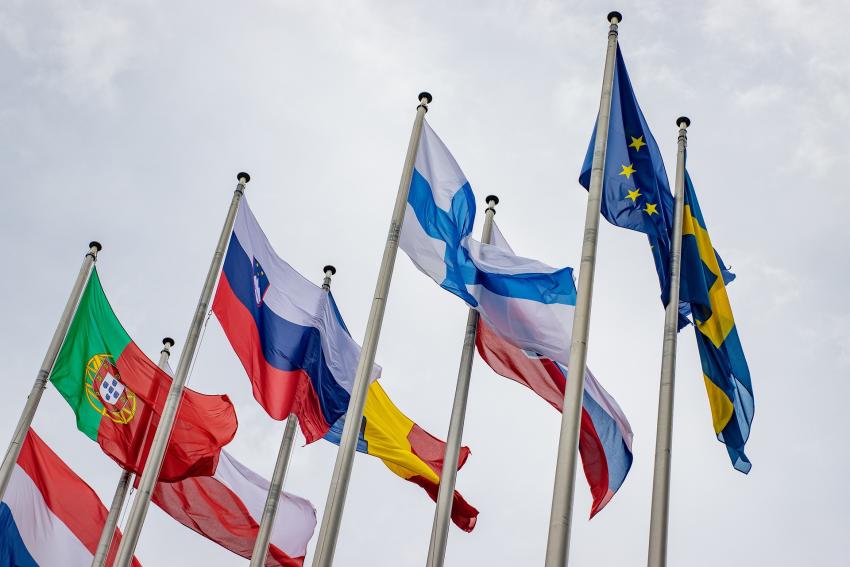The history of the official languages of the European Union

The number of official languages recognised by the European Union has grown since its foundation in 1958. There are currently 24 official languages within the EU and each has different uses and meanings for the 28 member countries. In this article we will explore the origin and uses of each of these official languages within the EU, present in any translation agency or translation company.
Índice de contenidos
Index of contents
Index du contenu
Inhaltsverzeichnis
Indice dei contenuti
What are the official languages of the European Union?
The official languages of the European Union are those used in the EU institutions and at official events. They are needed to ensure that all EU citizens can participate fully in the political, economic and social life of the Union. As the EU institutions are obliged to use these languages, all official documents (legislation, reports, etc.) are translated into at least all 24 official languages. Moreover, the fact that there are so many official languages reflects Europe's linguistic diversity and helps to ensure respect for minority languages.
Which languages are the official languages of the European Union?
The European Union has 24 official languages. These are Bulgarian, Czech, Croatian, Danish, Dutch, English, Estonian, Finnish, French, German, Greek, Hungarian, Irish, Italian, Latvian, Lithuanian, Maltese, Maltese, Polish, Portuguese, Romanian, Slovak, Slovenian, Spanish and Swedish.
Why were the official languages of the European Union established?
The official languages of the European Union were established to facilitate trade and cooperation between member countries. The official languages also serve to promote multilingualism and cultural diversity in Europe.
Moreover, the use of official languages in the European Union allows European citizens to communicate with each other in a language they can understand. This facilitates interaction and the exchange of ideas between the various countries that make up the Union.
Finally, the official languages of the European Union also help to promote equality between member countries, as they all have at least one language in common. This means that all citizens can participate in European democracy without the risk of being excluded because of their lack of language skills.
Each EU member state decides which languages are official in its territory. All European citizens have the right to communicate with any EU administration or body in their own language.
In this respect, it must be ensured that European institutions, such as the European Parliament and the Court of Justice of the EU, can function in all official languages.
How has the linguistic landscape of the European Union been changing?
Since the creation of the European Union, Europe's linguistic landscape has been constantly evolving. As new countries have joined the EU, they have also brought their own official languages. There are currently 24 official languages in the EU. Most European citizens speak at least one second language, and many speak several languages. According to a 2012 study, 64% of Europeans can speak a language other than their mother tongue. English is the second most widely spoken language in the EU, followed by French and German. According to a 2012 Eurobarometer study, it is estimated that more than 50% of European citizens can speak or understand at least some English. However, more and more people are learning other languages. Increased tourism and cultural exchange have also contributed to this phenomenon.
The EU's linguistic landscape has also been affected by increased migration. This trend has allowed many native speakers of languages such as Arabic, Turkish and Polish to settle in the European Union. In short, the EU's linguistic landscape is changing over time. The growing linguistic diversity in Europe offers a great opportunity to learn and share cultural experiences.
Other articles you may be interested in:

Blog writer and Community Manager interested in multiculturality and linguistic diversity. From her native Venezuela, she has travelled and lived for many years in France, Germany, Cameroon and Spain, passing on her passion for writing and her intercultural experiences.



Add new comment